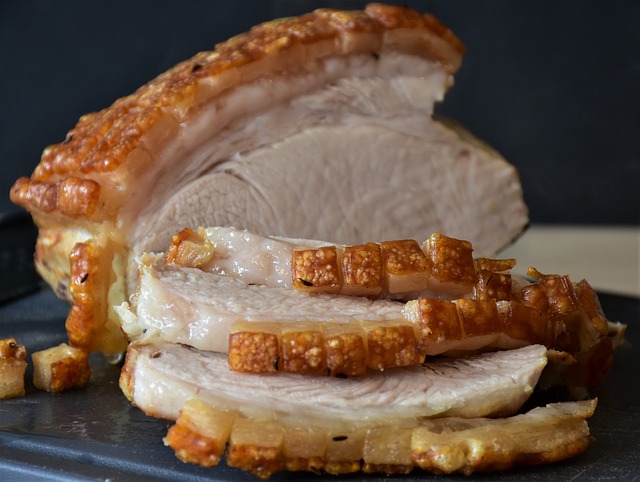Introduction
When it comes to the nutrition of our feline friends, protein plays a crucial role in their overall health and well-being. But how much protein does a cat actually need? In this article, we will dive deeper into this topic and explore the importance of protein in a cat’s diet, the recommended daily intake, and the potential consequences of insufficient protein consumption.
The Importance of Protein in a Cat’s Diet
Protein is an essential nutrient for cats as it provides the building blocks for various bodily functions. Cats are obligate carnivores, which means they have a biological requirement for animal-based protein. Unlike humans and some other animals, cats have specific dietary needs that can only be met through the consumption of animal tissue.
Protein is necessary for maintaining and repairing body tissues, supporting the immune system, producing enzymes and hormones, and providing energy. It is particularly important for the growth and development of kittens, as well as for the maintenance of muscle mass in adult cats.
Recommended Daily Intake of Protein for Cats
The recommended daily intake of protein for cats varies depending on their age, activity level, and overall health. Generally, adult cats require a minimum of 26% protein in their diet, while growing kittens and lactating queens need a higher protein content of around 30-40%.
It is important to note that the quality of protein is just as important as the quantity. Cats require specific amino acids, such as taurine and arginine, which are found predominantly in animal-based protein sources. Therefore, it is crucial to provide cats with high-quality protein from sources like meat, poultry, and fish.
Consequences of Insufficient Protein Consumption
If a cat’s diet lacks sufficient protein, it can lead to various health issues. One of the most common consequences of protein deficiency in cats is muscle wasting or loss of muscle mass. This can result in weakness, lethargy, and a decreased ability to perform normal activities.
Insufficient protein intake can also affect the immune system, making cats more susceptible to infections and diseases. Additionally, it may impair the cat’s ability to heal wounds and recover from illnesses or surgeries.
Furthermore, protein deficiency can impact a cat’s coat and skin health. Cats with inadequate protein intake may experience a dull coat, hair loss, and skin problems such as dryness or flakiness.
Conclusion
Protein is an essential nutrient for cats, and it plays a vital role in their overall health and well-being. As obligate carnivores, cats require a diet rich in animal-based protein to meet their specific nutritional needs. The recommended daily intake of protein for adult cats is around 26%, while growing kittens and lactating queens need higher levels.
Insufficient protein consumption can have serious consequences for cats, including muscle wasting, weakened immune system, and poor coat and skin health. Therefore, it is crucial to provide cats with a balanced diet that includes high-quality protein sources to ensure their optimal health.
References
– American Association of Feed Control Officials. (2020). Cat Food Nutrient Profiles. Retrieved from aafco.org
– National Research Council. (2006). Nutrient Requirements of Dogs and Cats. Retrieved from nap.edu












